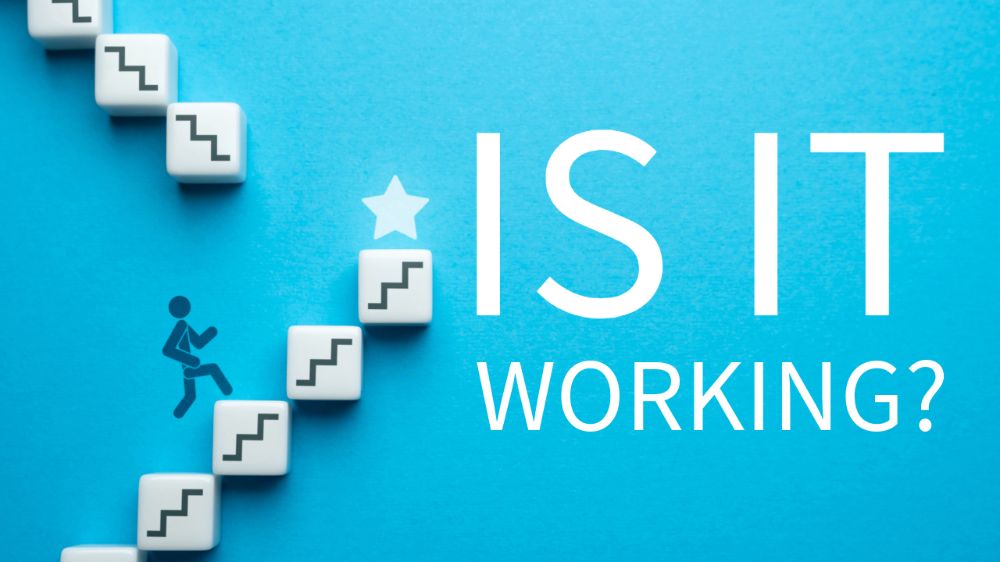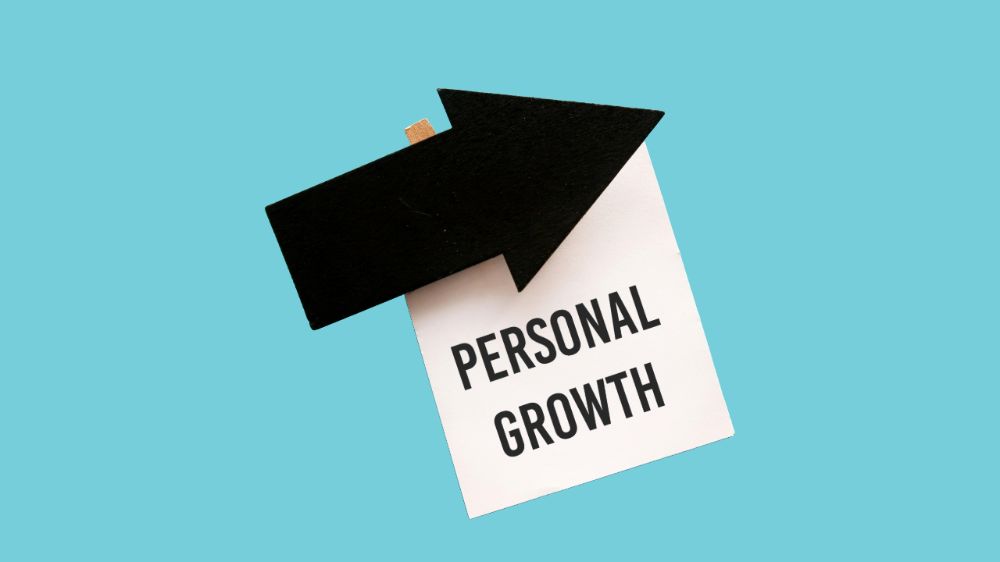Identifying areas where you may be wasting time every week

It often feels like there aren’t enough hours in the day. Yet, many of us spend hours on activities that don’t add value to our lives or goals. Recognizing where you're wasting time can help you reclaim your schedule, boost productivity, and free up more time for what truly matters. Here’s how to identify areas where time may be slipping away and what you can do about it.
-
Mindless social media scrolling
Social media can be both a tool for connection and a major time sink. It’s easy to get lost in endless scrolling on Instagram, Facebook, TikTok, or Twitter, only to realize that an hour or more has passed with little to show for it. While staying updated and entertained is fine, it’s important to set limits.
How to fix it: Set specific time blocks for checking social media, or use apps that track and limit your daily usage. Be mindful of why you’re using these platforms — are you scrolling out of habit or boredom? Consider deleting apps you rarely use or turning off notifications to minimize distractions.
-
Unnecessary meetings and calls
Work meetings are essential, but many of them can be unproductive or take longer than necessary. If you’re spending hours in meetings that don’t have clear objectives or could be condensed into a quick email, it’s a clear area of wasted time.
How to fix it: Before accepting or scheduling meetings, ask if it’s truly necessary. Could the same result be achieved through an email or a quick message? If a meeting is required, set an agenda and stick to it to keep things on track.
-
Multitasking
It’s a common misconception that multitasking saves time. In reality, it often leads to mistakes and takes longer to complete tasks because your focus is divided. Switching between tasks disrupts your concentration and reduces your overall efficiency.
How to fix it: Practice focusing on one task at a time. Use a technique like the Pomodoro Method, where you work in focused blocks of time with short breaks in between. This helps you stay engaged with the task at hand and prevents wasted energy from multitasking.
-
Watching TV streaming for “Just one more” episode
We all enjoy relaxing in front of the TV or binging our favorite series, but sometimes what starts as a short break can turn into hours of screen time. If you find yourself watching "just one more episode" far too often, you might be wasting valuable time you could spend elsewhere.
How to fix it: Set a time limit for watching TV or streaming, and stick to it. Consider using TV time as a reward after completing important tasks, or schedule specific times to watch your favorite shows, rather than letting it fill the gaps of your day.
-
Disorganized work spaces
If you spend too much time looking for documents, files, or tools in a cluttered workspace, you’re wasting time that could be spent productively. A messy desk, disorganized computer files, or even a cluttered home can slow you down and make it harder to focus.
How to fix it: Take time to organize your physical and digital spaces. Use folders, label important documents, and de-clutter your workspace regularly. This simple habit can save you a lot of time and make you feel more in control of your tasks.
-
Procrastination and overthinking
Procrastination is one of the most common ways people waste time. Whether you’re putting off a task because it feels overwhelming or because you're not sure where to start, procrastination can eat up your day and leave you feeling unaccomplished. Similarly, overthinking decisions can stall progress and waste valuable time.
How to fix it: Break large tasks into smaller, manageable steps and start with the easiest one to gain momentum. Set specific deadlines for yourself, even for small tasks, to keep yourself accountable. To avoid overthinking, give yourself a set amount of time to make decisions — once the time is up, act.
-
Frequent email checking
Emails are an integral part of work, but constantly checking your inbox can break your focus and derail your day. The need to respond immediately to every email can make it feel like you're always playing catch-up, leading to wasted time.
How to fix it: Instead of checking your email constantly throughout the day, designate specific times to review and respond to emails. This helps prevent interruptions during focused work periods. Turn off email notifications to minimize distractions and encourage yourself to batch-process emails at set intervals.
-
Over-committing or saying “yes” too often
We often waste time by over-committing to activities, meetings, or projects that don’t align with our goals or values. Saying “yes” to everything can leave you with little time for yourself and the tasks that really matter.
How to fix it: Practice saying “no” to commitments that don’t add value to your personal or professional life. It’s okay to turn down opportunities or social invitations if they don’t align with your priorities. Focus on quality over quantity when it comes to how you spend your time.
-
Unclear priorities or lack of planning
Without a clear plan or sense of priorities, you can easily drift through your day, wasting time on tasks that don’t move you forward. When you don’t know what your most important tasks are, it’s easy to get lost in busywork.
How to fix it: Start each day by setting clear priorities. Identify your top three most important tasks and tackle them first. Create a daily or weekly plan to keep yourself on track, and review your goals regularly to ensure that your efforts align with your long-term objectives.
-
Excessive breaks and interruptions
While breaks are important for productivity, taking too many or excessively long breaks can lead to lost time. Frequent interruptions — whether from coworkers, family members, or notifications — can also disrupt your workflow and make it harder to focus.
How to fix it: Be mindful of how often you’re taking breaks, and set limits for yourself. Short, scheduled breaks (like 5-10 minutes every hour) can boost productivity, but long or unplanned breaks can eat into your time. If you’re frequently interrupted, try creating a workspace with fewer distractions or setting boundaries with those around you.
Reclaim your time.
Time is one of our most valuable resources, yet it’s easy to let it slip away without even realizing it. By identifying and addressing the areas where you might be wasting time each week, you can regain control over your schedule and make more room for the activities that truly matter.
Whether it’s minimizing distractions, cutting back on unnecessary tasks, or simply being more mindful of how you spend your time, small changes can lead to significant improvements in your productivity and overall well-being. Take a step back, audit your weekly routine, and start making the adjustments that will help you make the most of each day.

